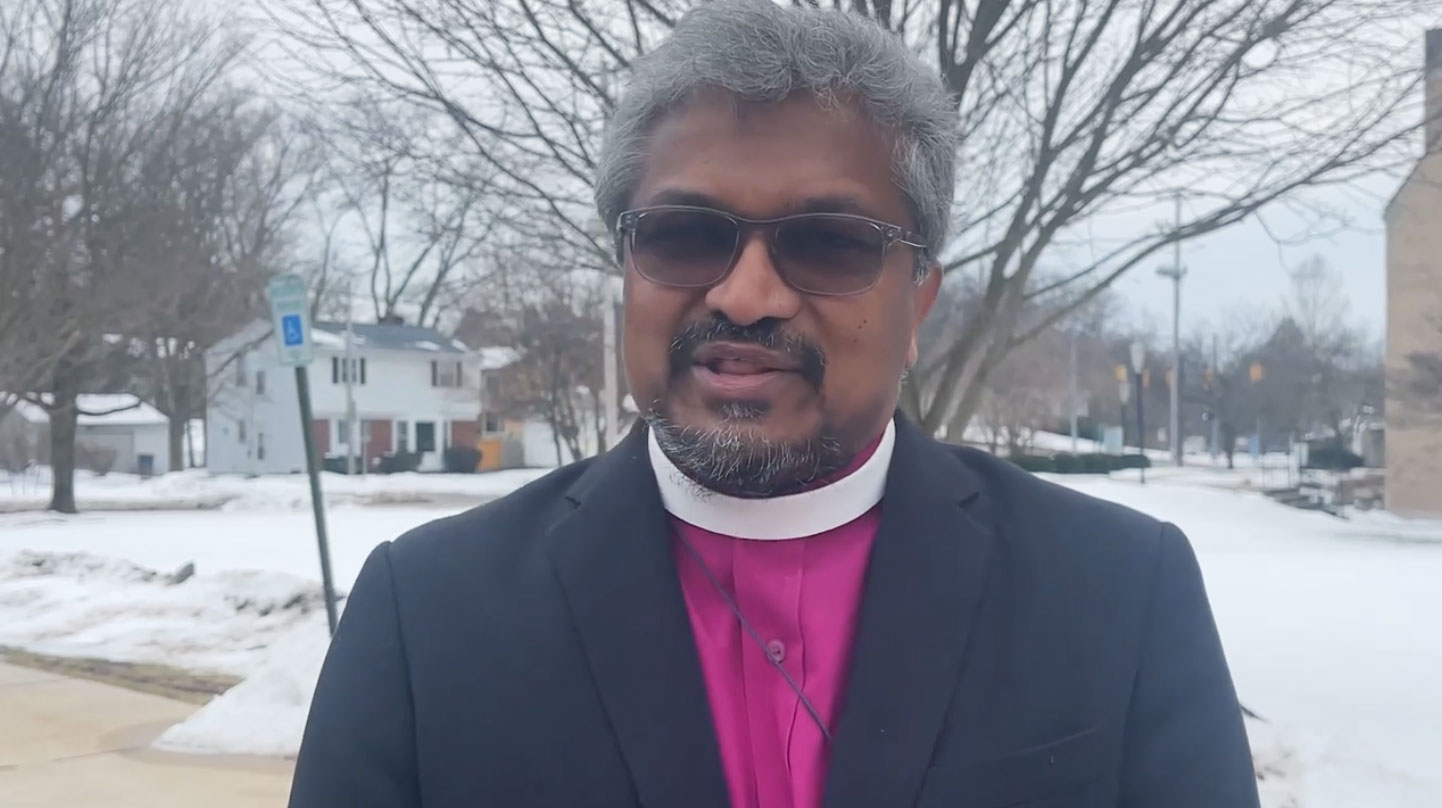(RNS) — Of the more than 300 pages of bylaws detailing the governance of the Episcopal Church, more than 70 are dedicated to the church’s sprawling protocol for responding to accusations of clergy misconduct.
But while no one could accuse the church of lacking a comprehensive policy, several recent high-profile cases of misconduct — many including bishops — have caused Episcopalians to call into question the effectiveness of the protocol, known as “Title IV.” Statements airing concerns from all strata of the denomination have prompted an official review of Title IV, and as momentum builds for revisions, abuse survivors and church officials alike are expressing opinions about what, if anything, ought to change.
The church dedicates an entire website to outlining Title IV’s confusing slates of roles, titles and panels but still fails to make the process feel accessible, say survivors. The process itself can feel less than humane.
RELATED: A Film Sheds Light on 11 Daring Women Whose Defiant Act Changed the Episcopal Church
“Yes, my abuser was eventually taken out of the position,” said one parishioner in the Diocese of Pennsylvania, who said she experienced grooming, sexual harassment and spiritually and psychologically abusive behavior at the hands of her priest. “But what I had to go through to get there was so horrible that I don’t know if it was worth it.”
In August, Julia Ayala Harris, president of the denomination’s House of Deputies and the second-highest-ranking officer of the church, became so exasperated by what she endured after making a sexual harassment complaint that she wrote a letter to her fellow deputies, making her allegations public and vowing to improve the system.
After the sons of Bishop Prince Singh of the Dioceses of Eastern and Western Michigan reported in December of 2022 that the bishop had physically and emotionally abused them and their mother, it took six months for the church to open a Title IV inquiry, and two more months before Singh was placed on leave. Their experience led them to request that outside experts lead the investigation, which church leaders have not granted.
The Rt. Rev. Prince Singh, former bishop of the Episcopal Dioceses of Eastern and Western Michigan. (Video screen grab/Episcopal Diocese of Eastern Michigan)
“Title IV as it stands is not a trauma-informed or survivor-centered process and lends itself to retraumatizing survivors and to protecting offenders,” Nivedhan and Eklan Singh and their mother, Roja Suganthy-Singh, said in a September statement to RNS.
That week, Curry, in replying to a letter from 55 Episcopal bishops saying they were “angered by and deeply concerned about the perception — or the reality — that bishops get a free pass on behavioral issues,” instructed the church’s Standing Commission on Structure, Governance, Constitution and Canons, a body of 10 laity, five clergy and five bishops, to review Title IV and recommend changes to the General Convention, the denomination’s governing body.
Any changes they recommend, however, will have to pass at least two General Convention meetings, which occur only every three years.
The woman in the diocese of Pennsylvania, who asked to remain anonymous for fear of backlash, found Title IV disorienting from the outset. Bishop Daniel G.P. Gutiérrez, of the Diocese of Pennsylvania, learned of her alleged abuse and filed a Title IV complaint, but rather than being designated a complainant, the parishioner, who also worked as an assistant to her alleged abuser, was instead called an “injured person,” a less central role.
No one explained to the woman that an injured person was not entitled to an advisor — a Title IV expert who helps complainants and respondents navigate the process. (Gutiérrez did not respond to request for comment in time for publication.)


